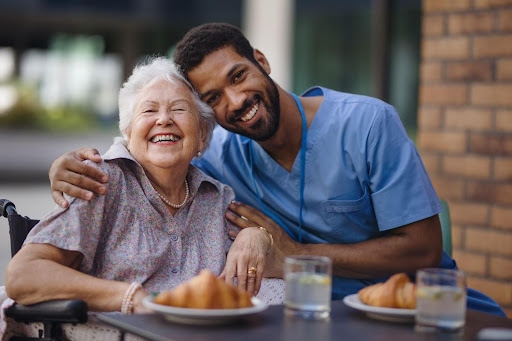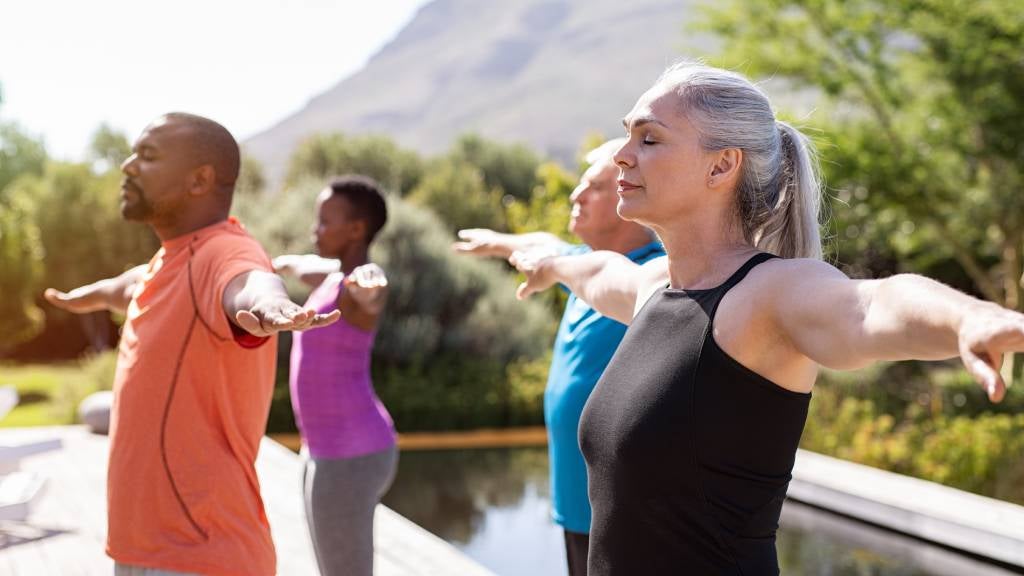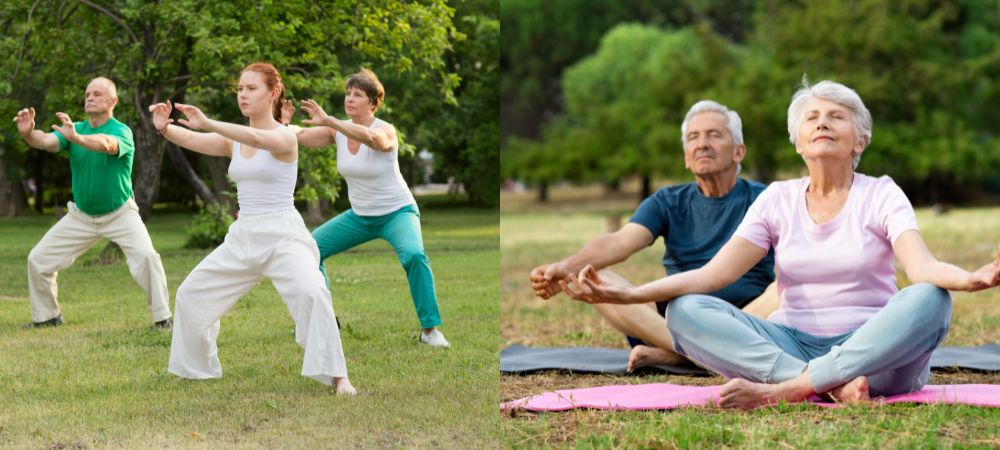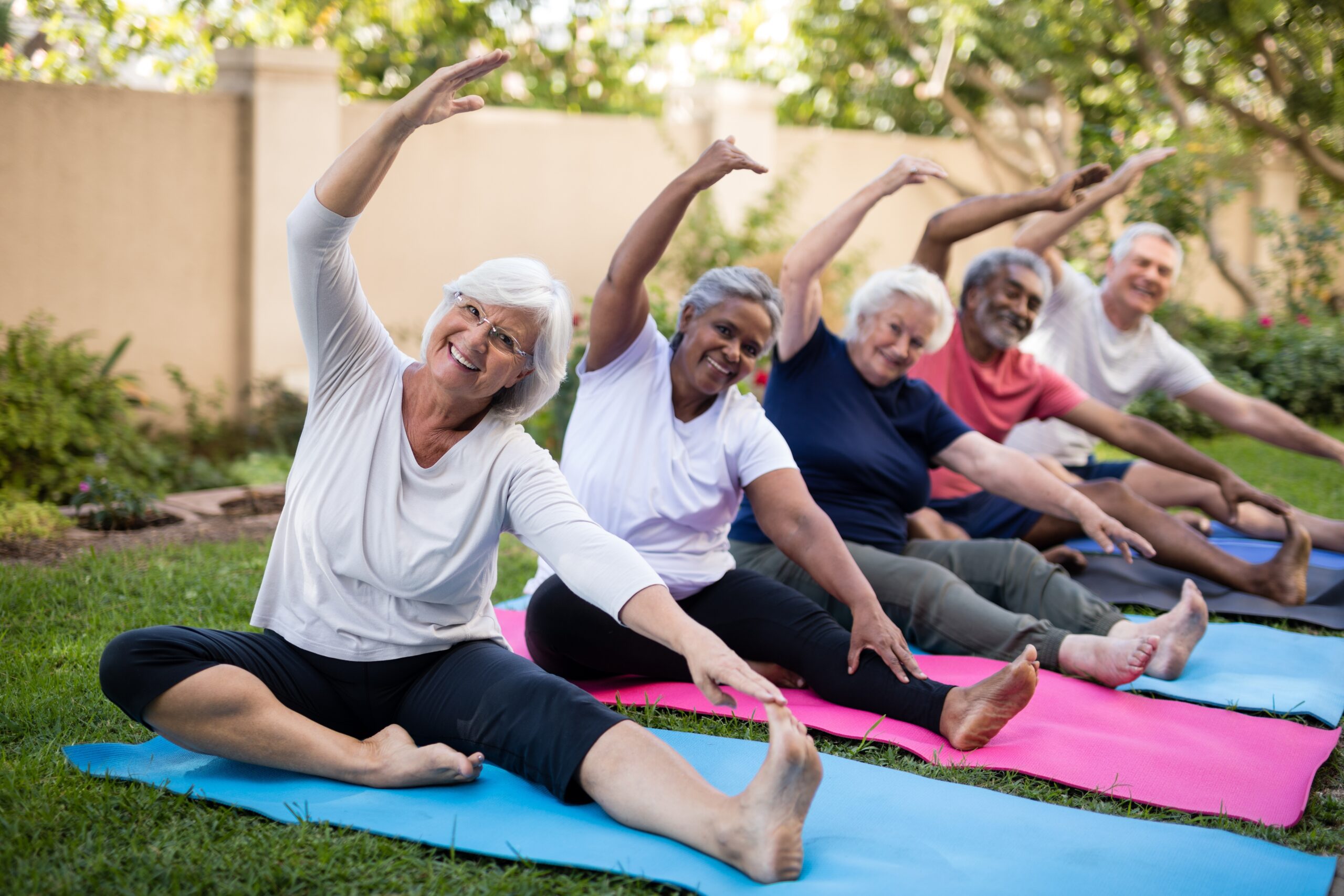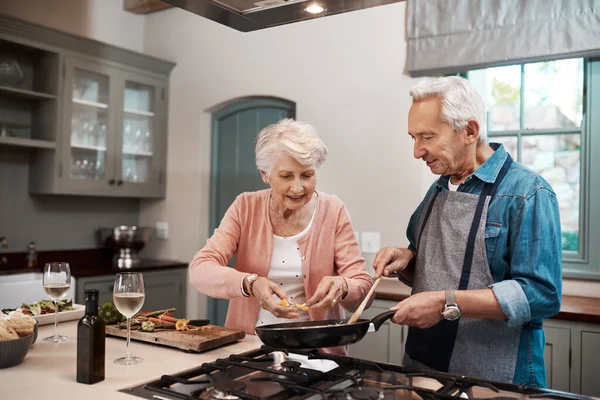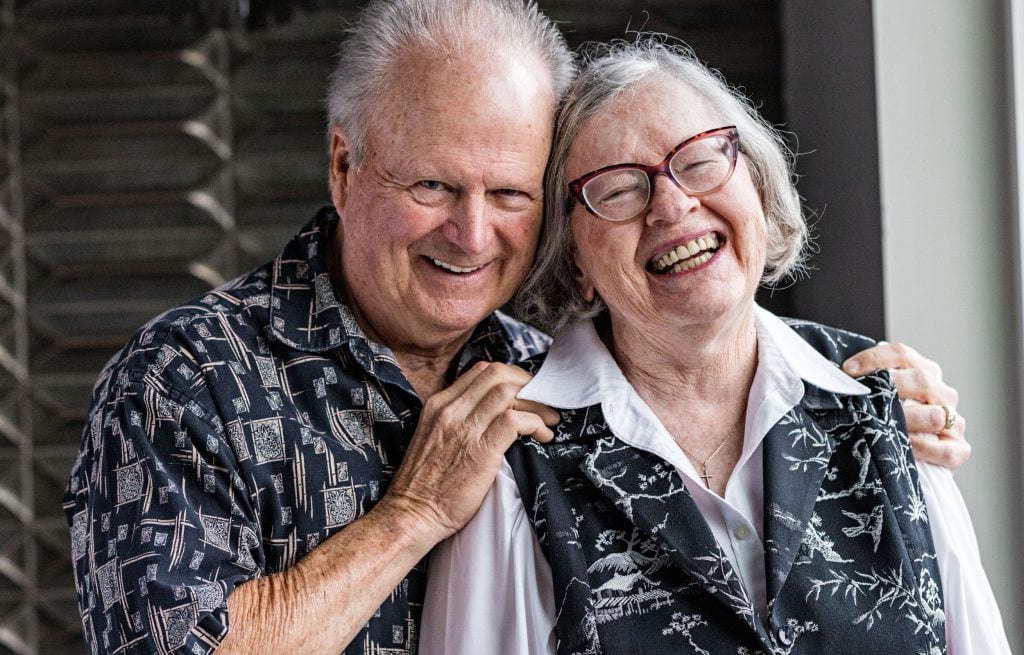Healthy Aging: A Comprehensive Guide to Caring for the Elderly and Promoting Senior Well-being
Keywords: elderly care, senior health, caregiving tips, healthy aging, aging population, mental health for seniors, nutrition for older adults, senior safety, preventive care
Introduction: Why Elderly Health Matters More Than Ever
As global life expectancy increases, societies around the world—especially in the United States and Europe—are experiencing a significant demographic shift. By 2050, it is projected that more than 1 in 6 people worldwide will be over the age of 65. With this shift comes the urgent need to focus on healthy aging and improved strategies for elderly care.
Caring for older adults is not just a medical responsibility—it's a social and emotional commitment. This article outlines the most effective and compassionate ways to ensure health, safety, and dignity for the elderly population.
1. Preventive Health Care: A Lifesaving Approach for Seniors
Why it's important:
Preventive care helps detect and manage health issues before they become severe, which is critical for older adults who are more vulnerable to chronic diseases.
Key Preventive Measures:
- Annual health screenings: Blood pressure, cholesterol, diabetes, cancer, and osteoporosis
- Vaccinations: Flu, shingles, pneumonia, COVID-19
- Eye and dental exams: At least once per year
- Hearing tests: Especially after age 60
🔍 Care tip: Create a preventive care calendar and coordinate with healthcare providers to avoid missed appointments.
2. Balanced Nutrition: Fueling the Aging Body
Why it matters:
Older adults often face changes in appetite, metabolism, and digestive function. Proper nutrition can prevent fatigue, muscle loss, and cognitive decline.
Senior-Friendly Diet Guidelines:
- More: Fiber, calcium, vitamin D, potassium, lean protein, omega-3s
- Less: Saturated fats, sodium, processed sugars
- Hydration: Encourage water, herbal teas, and hydrating foods like fruits
🍽 Nutrition tip: Encourage smaller, nutrient-dense meals throughout the day to support metabolism and digestion.
3. Physical Activity: Move to Live Longer
Why it's essential:
Regular movement reduces the risk of heart disease, stroke, diabetes, arthritis, and depression. It also helps seniors maintain independence.
Safe and Effective Activities:
- Walking: Great for cardiovascular health and joint mobility
- Tai Chi & Yoga: Excellent for balance, strength, and flexibility
- Strength Training: Helps prevent muscle atrophy and improves bone density
- Stretching and Mobility Exercises: Keeps joints limber and reduces fall risk
🏃♀️ Activity tip: Aim for 30 minutes of moderate activity most days of the week.
4. Mental Health: The Overlooked Aspect of Aging
Why it matters:
Loneliness, depression, and anxiety are common in older adults, especially those who live alone or experience cognitive decline.
Strategies for Mental Well-being:
- Social Engagement: Clubs, senior centers, religious groups, volunteer work
- Cognitive Stimulation: Board games, puzzles, reading, memory training apps
- Therapy and Counseling: Professional support for grief, anxiety, or adjustment
- Mindfulness and Meditation: Reduce stress and promote emotional regulation
🧠 Mental tip: Encourage daily routines that include interaction and mental stimulation.
5. Social Connection: Combating Loneliness in the Elderly
Isolation is one of the biggest risk factors for mental and physical decline. Creating opportunities for connection is vital.
How to Stay Socially Connected:
- Regular phone or video calls with family and friends
- Participation in community or online groups
- Intergenerational programs: Pairing seniors with students or youth for mutual learning
- Pet therapy or adoption for companionship
💬 Caregiver tip: Schedule weekly visits or shared activities to build routine and reduce feelings of abandonment.
6. Safe Living Environments: Home Safety for Seniors
Falls are a leading cause of injury among the elderly. Modifying the home to support aging in place is one of the most effective ways to keep seniors safe.
Essential Home Safety Tips:
- Install grab bars in bathrooms and near stairs
- Use non-slip mats and proper lighting
- Remove clutter and tripping hazards
- Consider medical alert systems or smart home devices
- Ensure easy access to emergency numbers
🏠 Safety tip: Conduct quarterly safety checks and make adjustments as needed.
7. Sleep and Rest: The Healing Power of Sleep
Older adults may experience changes in sleep patterns, but poor sleep can lead to cognitive issues, irritability, and weakened immunity.
Better Sleep Practices:
- Stick to a regular sleep schedule
- Limit screen time and caffeine in the evening
- Create a comfortable sleep environment
- Address sleep disorders such as insomnia or sleep apnea
😴 Health tip: Consult a physician if sleep issues persist beyond two weeks.
8. Role of Technology in Elderly Health Care
Technology is revolutionizing elderly care by making it easier to track health, stay connected, and respond to emergencies.
Popular Tools for Elderly Wellness:
- Telemedicine: Online doctor consultations without leaving home
- Health Monitoring Devices: Blood pressure cuffs, glucose monitors, heart rate trackers
- Medication Reminders: Smart pillboxes and mobile alerts
- Emergency Response Devices: Wearable alert pendants or watches
📱 Tech tip: Choose user-friendly devices with large buttons and clear interfaces.
9. Supporting Family Caregivers
Caring for an elderly loved one can be emotionally and physically demanding. Caregivers also need support to avoid burnout.
Ways to Support Caregivers:
- Encourage respite care or short-term professional help
- Join caregiver support groups (online or local)
- Share responsibilities among family members
- Consider home care services or adult day care centers
🤝 Community tip: Public health systems should offer training and mental health resources for unpaid caregivers.
10. Financial and Legal Planning for Seniors
Planning ahead can ease stress and ensure that health care decisions reflect the elder’s values and wishes.
Key Areas to Cover:
- Advance health directives and living wills
- Power of attorney for healthcare and finances
- Long-term care insurance or Medicaid planning
- Estate planning and guardianship
💼 Tip: Work with an elder law attorney to organize legal documentation and protect assets.
Conclusion: Aging with Dignity, Grace, and Good Health
Caring for older adults requires a holistic approach that balances physical, emotional, social, and spiritual well-being. Whether you're a family caregiver, health professional, or senior yourself, understanding the full spectrum of elderly care empowers better decisions and promotes joyful, independent aging.
Let us foster a world where aging is not feared but embraced—with compassion, preparation, and respect.
🔎 Popular Search Terms You Can Use:
- How to take care of elderly parents at home
- Healthy aging tips for seniors
- Mental health activities for older adults
- Best diet for people over 65
- Fall prevention tips for the elderly
- Safe exercises for seniors at home
- How to use telehealth for senior care
Keywords: elderly care, senior health, caregiving tips, healthy aging, aging population, mental health for seniors, nutrition for older adults, senior safety, preventive care


